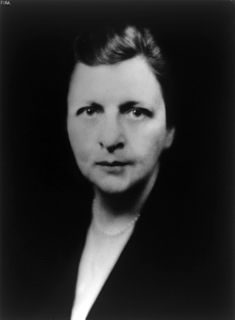A Quote by Freeman Dyson
In the history of science it has often happened that the majority was wrong and refused to listen to a minority that later turned out to be right.
Related Quotes
Was the majority right when they stood by while Jesus was crucified? Was the majority right when they refused to believe that the earth moved around the sun and let Galileo be driven to his knees like a dog? It takes fifty years for the majority to be right. The majority is never right until it does right.
Turned the wrong way around, the relentless unforeseen was what we schoolchildren studied in "History", harmless history, where everything unexpected in its own time is chronicled on the page as inevitable. The terror of the unforeseen is what the science of history hides, turning a disaster into an epic.
This leads to a question - if a great many people are for a certain project, is it necessarily right? If the vast majority is for it, is it even more certainly right? This, to be sure, is one of the tricky points of democracy. The minority often turns out to be right, and though one believes in the efficacy of the democratic process, one has also to recognize that the demand of the many for a particular project at a particular time may mean only disaster.
Trading has taught me not to take the conventional wisdom for granted. What money I made in trading is testimony to the fact that the majority is wrong a lot of the time. The vast majority is wrong even more of the time. I've learned that markets, which are often just mad crowds, are often irrational; when emotionally overwrought, they're almost always wrong.

































